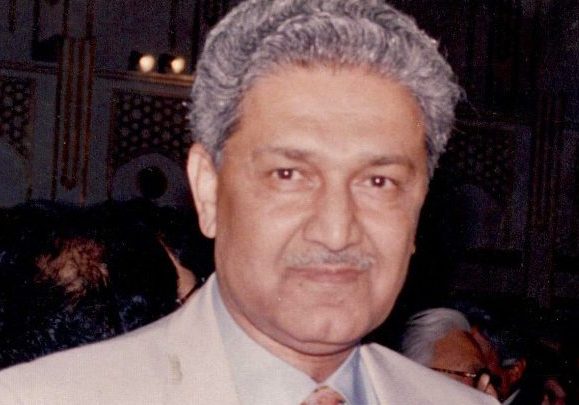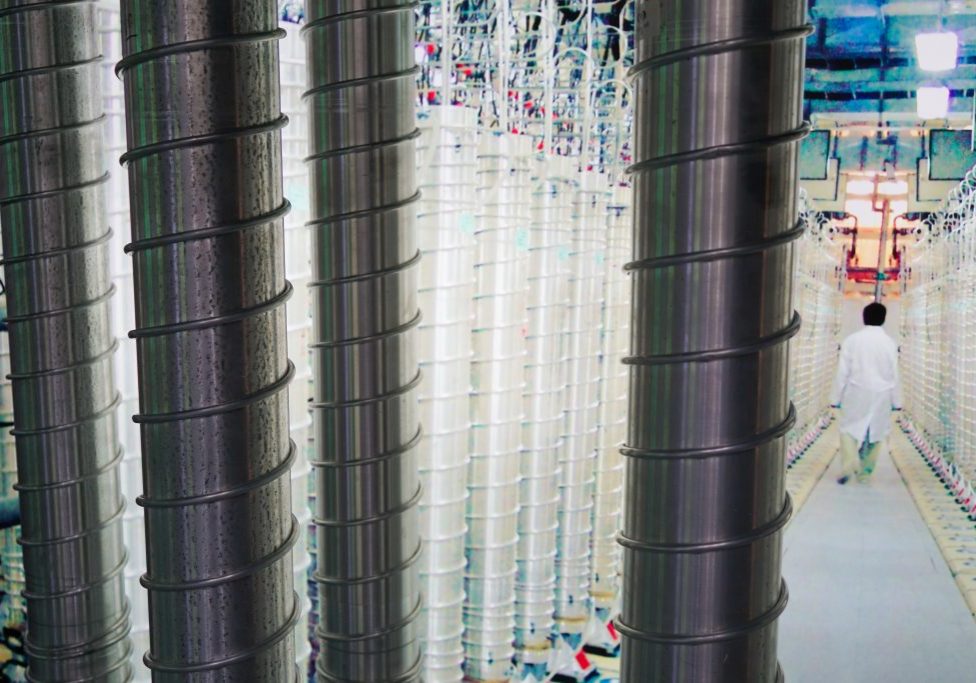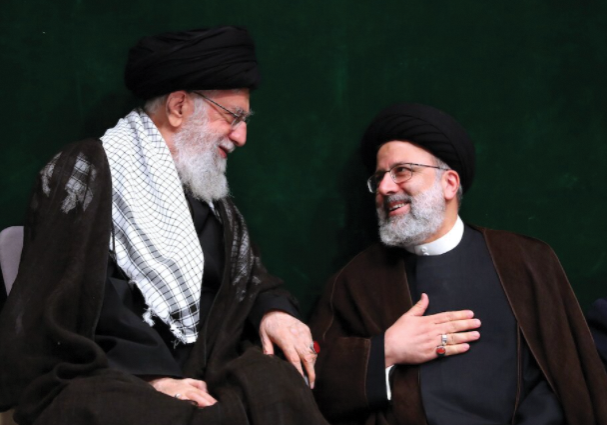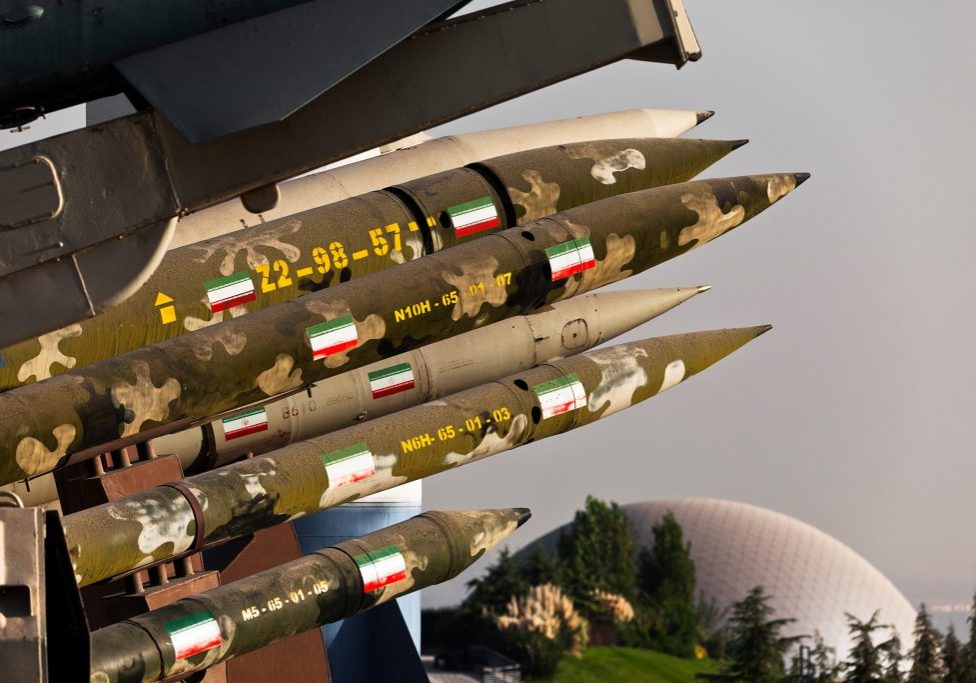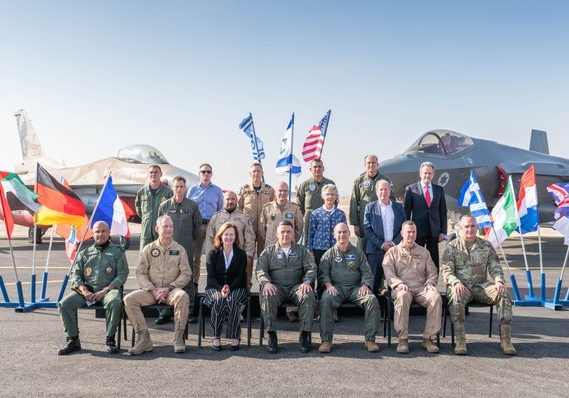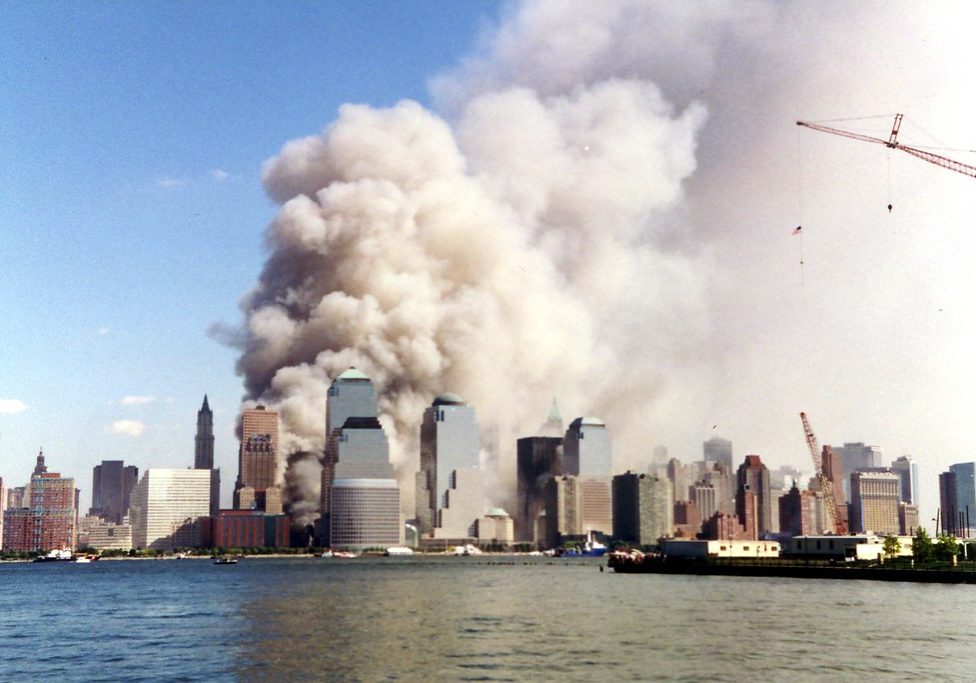Australia/Israel Review
Lessons from the Syria CW Finds
Jun 5, 2015 | Yossi Kuperwasser
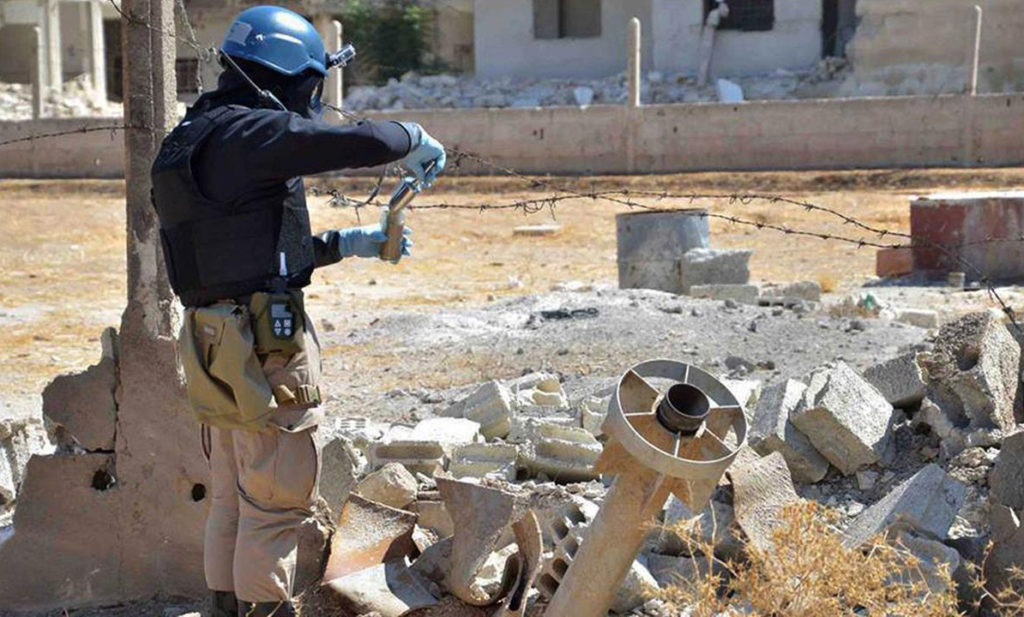
Brig.-Gen. (res.) Yossi Kuperwasser
In early May, inspectors from the Organisation for the Prohibition of Chemical Weapons (OPCW) reported that they had located traces of sarin-type chemical weapons and ricin-type biological weapons in at least three sites in Syria which the Assad regime had not reported.
This came following verification of the regime’s extensive use of chlorine in barrel bombs dropped on heavily populated areas controlled by the opposition. While these reports prompted discussion in the West – and bearing in mind the embarrassing retreat from “red lines” regarding Syria’s use of chemical weapons in the past – any thought of the West imposing further sanctions on the Assad regime in response to this new breach of his commitments, let alone use of force, is highly unlikely. At most, some officials are entertaining the possibility of declaring a no-fly zone along the Turkish border yet again, but even these statements sound more like lip service than real interest in promoting the idea.
Concurrently, President Obama’s statement in an interview with Al Arabiya in mid-May, that the Americans are not planning to intervene in the Syrian conflict because they see no possibility of an imminent solution, affirms Western reluctance to take action against Bashar al-Assad. On the other hand, the opposition’s pressure on Assad has been growing as a result of improved coordination between Saudi Arabia, Qatar and Turkey in their support of opposition groups, among other factors.
Implications for the Iranian Nuclear Deal
These developments and Western reactions carry ramifications that go beyond the Syrian context, with direct implications for the planned nuclear deal with Iran:
1. So long as the extent of supervision is dictated by the supervised party’s declarations regarding its facilities, and so long as that party’s intention is to retain prohibited capabilities, that party can conceal facilities or surreptitiously transfer assets to other sites relatively easily. In this context, Iran has made clear yet again that it refuses to allow unlimited access to its military facilities – or, implicitly, to its intelligence facilities and those of the Revolutionary Guard, which obviously could hide crucial components of the nuclear program.
2. The West’s intelligence capabilities are impressive but far from perfect, and sometimes they are not used at all so as not to reveal their existence. This is very plausibly how the Syrians were able to hide their chemical weapons for so long – up to two years. It may well be, as some in the opposition claim, that in addition to the sites and the toxins we know of, there is still much else yet to be discovered. This would likely be the situation in Iran, too, in an agreement based on the Lausanne framework.
3. Once problematic information emerges, no matter how grave, the West makes no quick decision, let alone taking the required action. The lack of political will to be drawn into a conflict with the party under supervision leads to foot-dragging; the issue is sidelined and its importance downplayed. The chlorine-gas attacks on the Syrian population, for example, have become a humdrum matter that interests no one and is barely mentioned, let alone spurring a response.
4. The West’s commitment to act on these issues only within the framework of a broad international coalition (unlike actions against terror organisations seen as direct threats to the West) creates total paralysis (welcome to many in the West) in the face of Iran and its allies, such as the Assad regime or Hezbollah. Russia will oppose any sanction against Assad or Iran, and this provides excellent grounds for Western faintheartedness. In the Iranian context, the Russians have already made clear that they will oppose a snapback of the sanctions even if Iran violates the nuclear agreement, if and when it is signed.
5. The Iranians and their allies view the West’s response as an indication of profound weakness and will not hesitate to keep lying and concealing their way to achieving strategic capabilities which, in their view, are essential to their survival and to advancing their far-reaching aims.
6. The upshot: “If I am not for myself, who will be?” Whoever wants to defend against the threats embodied by Iran’s behaviour and that of its satellites must have an independent capacity to act – even if one enjoys a deep strategic security relationship with the United States and uses that relationship to develop those independent capabilities. What the Saudis have been demonstrating in Yemen shows that they have already reached this conclusion.
Brig.-Gen. (res.) Yossi Kuperwasser is Director of the Project on the Regional Implications of the Syrian Civil War at the Jerusalem Centre for Public Affairs (JCPA). He was formerly Director General of the Israeli Ministry of Strategic Affairs and head of the Research and Analysis and Production Division of IDF Military Intelligence. © JCPA, reprinted by permission, all rights reserved.
Tags: International Security

